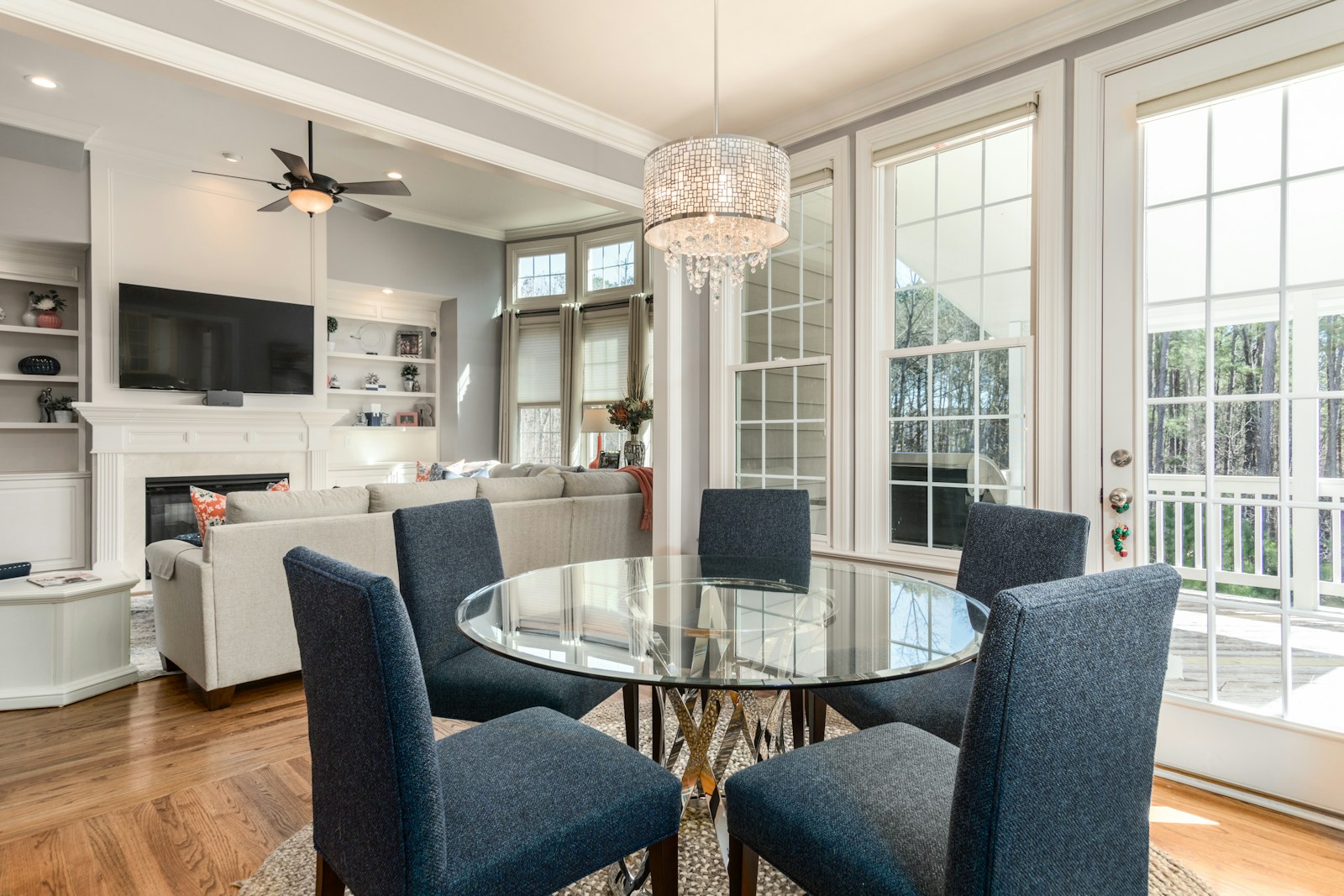When purchasing a home you are faced with a multitude of decisions, the primary one is whether you are actually prepared to purchase a home. Locating the perfect home is also not an easy task, and obtaining a mortgage loan can be a complex and tiring process. But once you have determined that you are ready to move forward with the required effort towards your home-purchasing goal, the rewards are unquestionable!
Krista Lachapelle promises to be with you each step of the way and to make the process of purchasing a home easier, more enjoyable, less time-consuming, and less expensive than if you undertook this challenge on your own. She will help you prepare so that sellers perceive you as a preferred buyer, help you locate and assess properties for sale that match your specifications, and help you through the myriad of details attending the actual purchase.
Please read on for more important information about purchasing a home - and please reach out anytime.
Krista is here for you.


